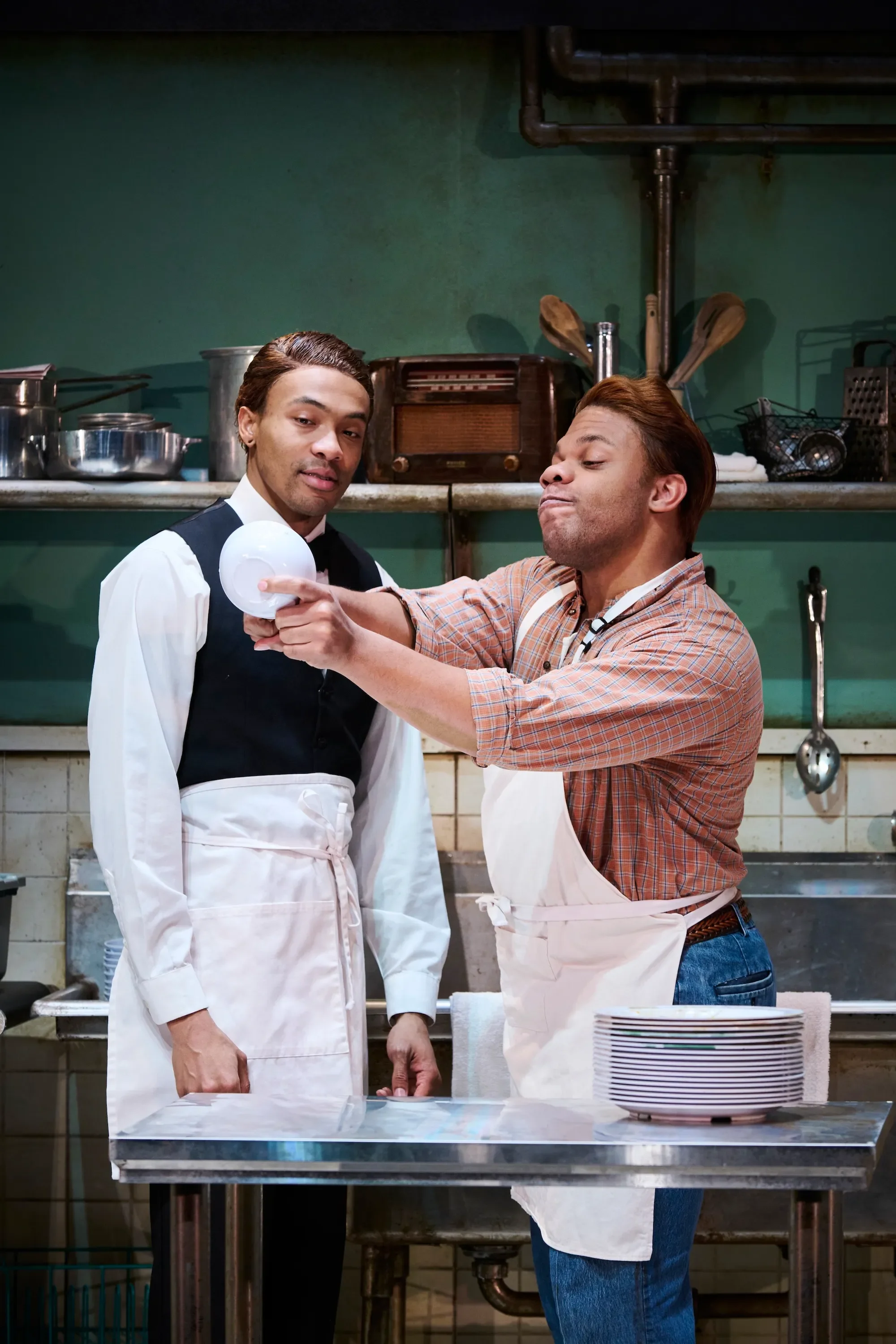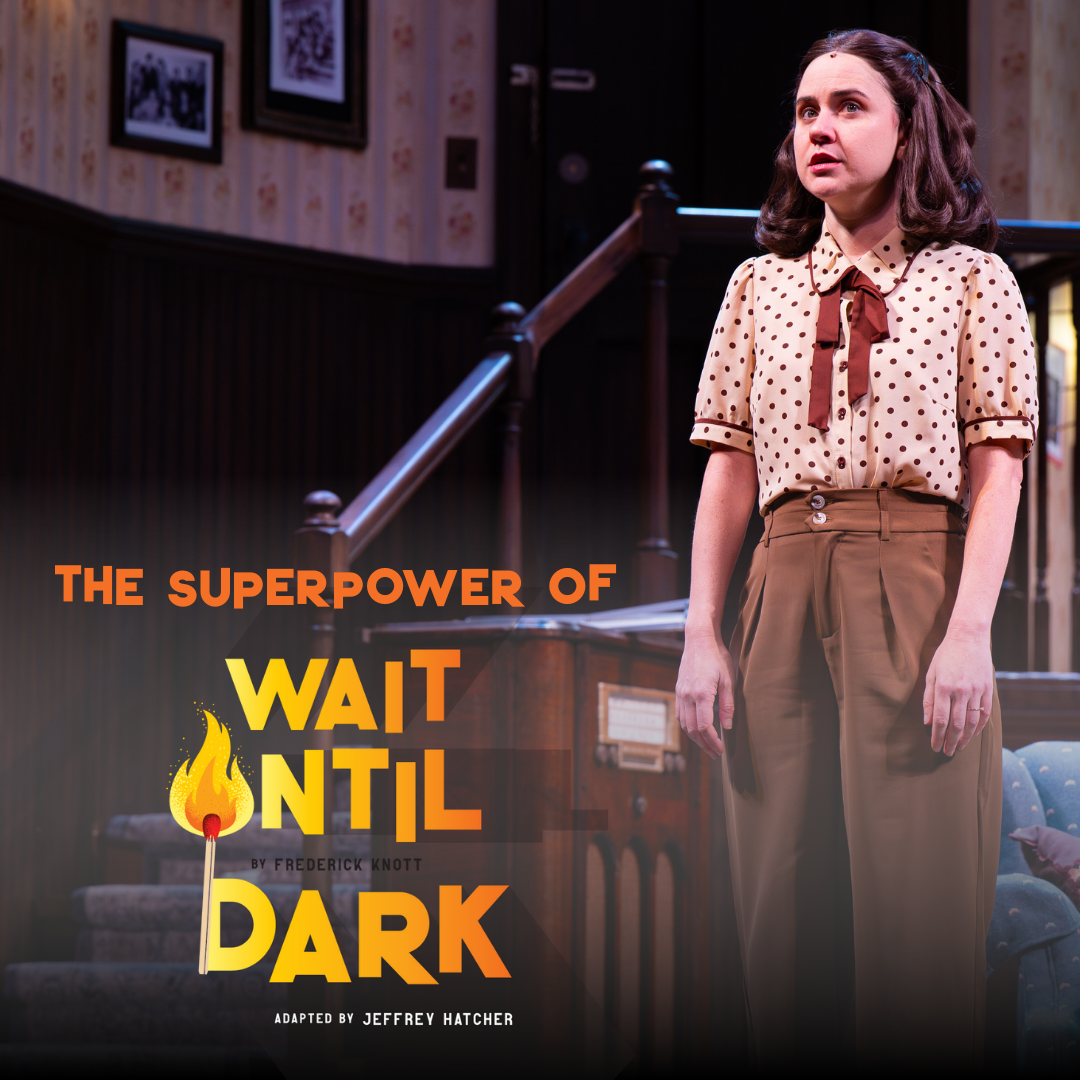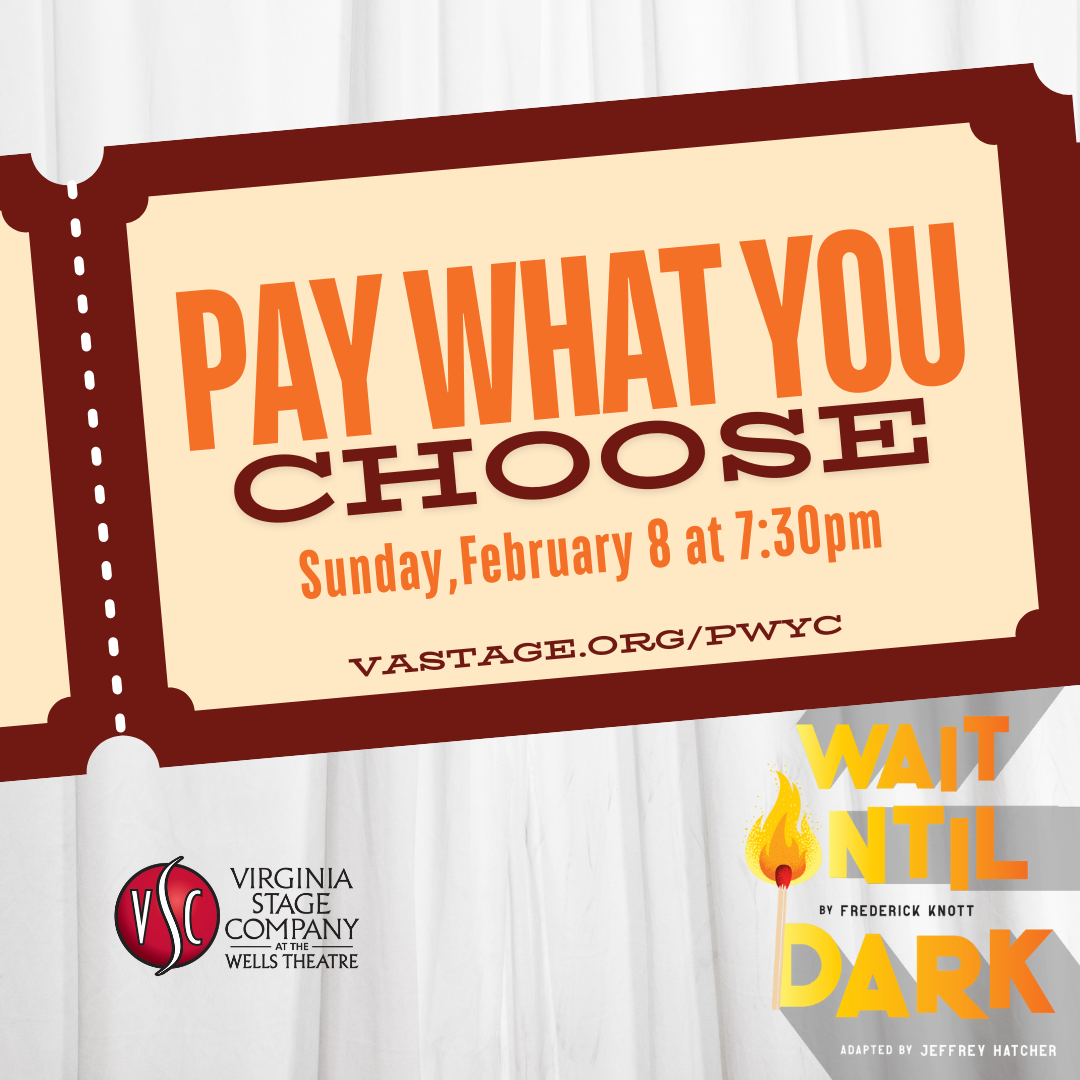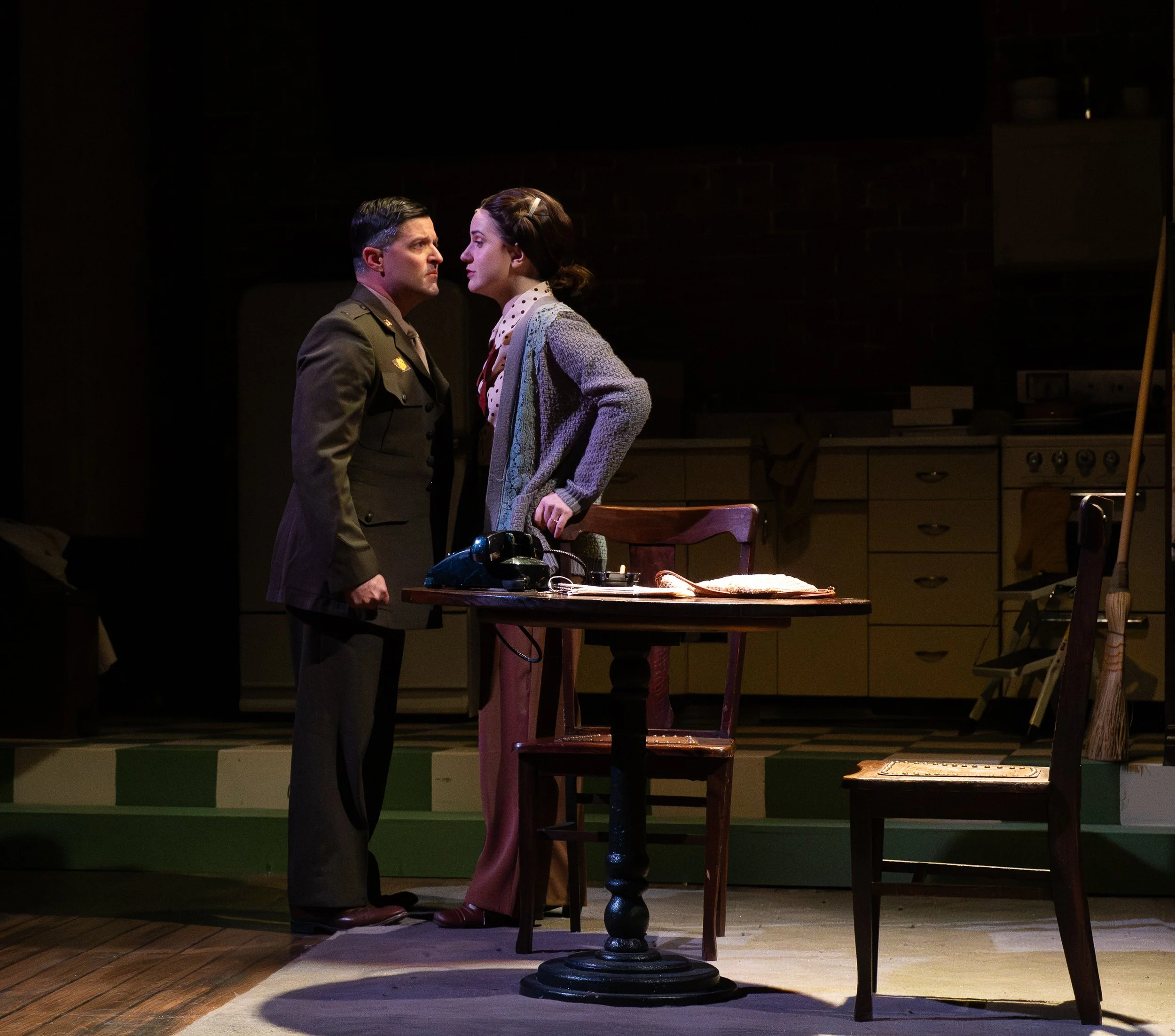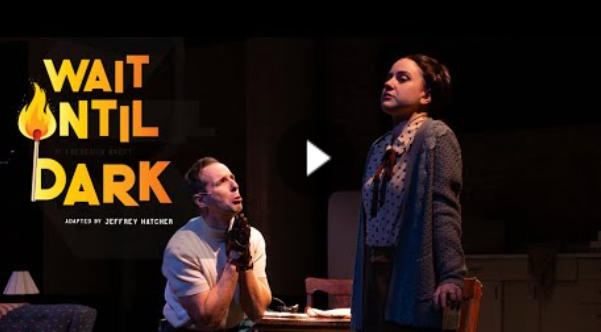As part of the rolling world premiere of Malcolm X and Redd Foxx Washing Dishes at Jimmy’s Chicken Shack in Harlem, this review comes from the production’s recent run at City Theatre in Pittsburgh. The production will continue its journey to Virginia Stage Company later in the premiere cycle.
Meet the Cast of Joseph and the Amazing Technicolor Dreamcoat
The Superpower of Wait Until Dark
“Starting is always a difficult thing, in any walk in life, but with a play, it looks like this giant mountain to climb. But when you arrive, and as soon as the actors sit at the table… and you hear their voices, and hear the energy, you can start to already see it coming into view…” says acclaimed director and playwright, Mark Shanahan, who is in Norfolk to direct the latest Virginia Stage Company production of season 47, “Wait Until Dark.” We’re inside the side lobby of the Wells Theatre…
Step inside the world of Wait Until Dark.
This collection of images offers a glimpse of the atmosphere that fills the Wells Theatre each night... wary glances, and the quiet sense that something isn’t quite right. The set, the costumes, and the performances all work together to create a mood that feels heavy with anticipation.
But as striking as these photos are, they only capture a fraction of the experience.
Photos by J. Stubbs Photography
Pay What You Choose Night: Theatre for Everyone, On Your Terms
Our Pay What You Choose performance of Wait Until Dark invites you to experience live theatre at a price that works for you. Tickets start at just $5, and you decide what you’re able to pay.
It’s a simple idea, but an important one. Theatre should feel welcoming, not exclusive. It should be something you can try on a whim, bring a friend to, or finally say yes to after passing by the Wells a hundred times and wondering what it’s like inside…
Review: Share a killer, thriller, chiller night with Virginia Stage Company
In ‘Wait Until Dark,’ our heroine can’t see the con men who come to rob her. Page Laws reviews this remake of a 1960s classic.
“Why do I have to be the world’s champion blind woman?”
— Susan to Sam in “Wait Until Dark”
___
How appropriate for the weather! A thriller that further chills us, its poor paying audience, to the very bone …
What Audiences Are Saying About Wait Until Dark
When the Lights Go Out, Everything Changes | Wait Until Dark
A 1940s apartment.
A woman relying on her instincts.
Danger closing in from every direction.
This is just a glimpse.
The real suspense happens live at the Wells Theatre.
https://youtu.be/e2bs5Fhkt2U

